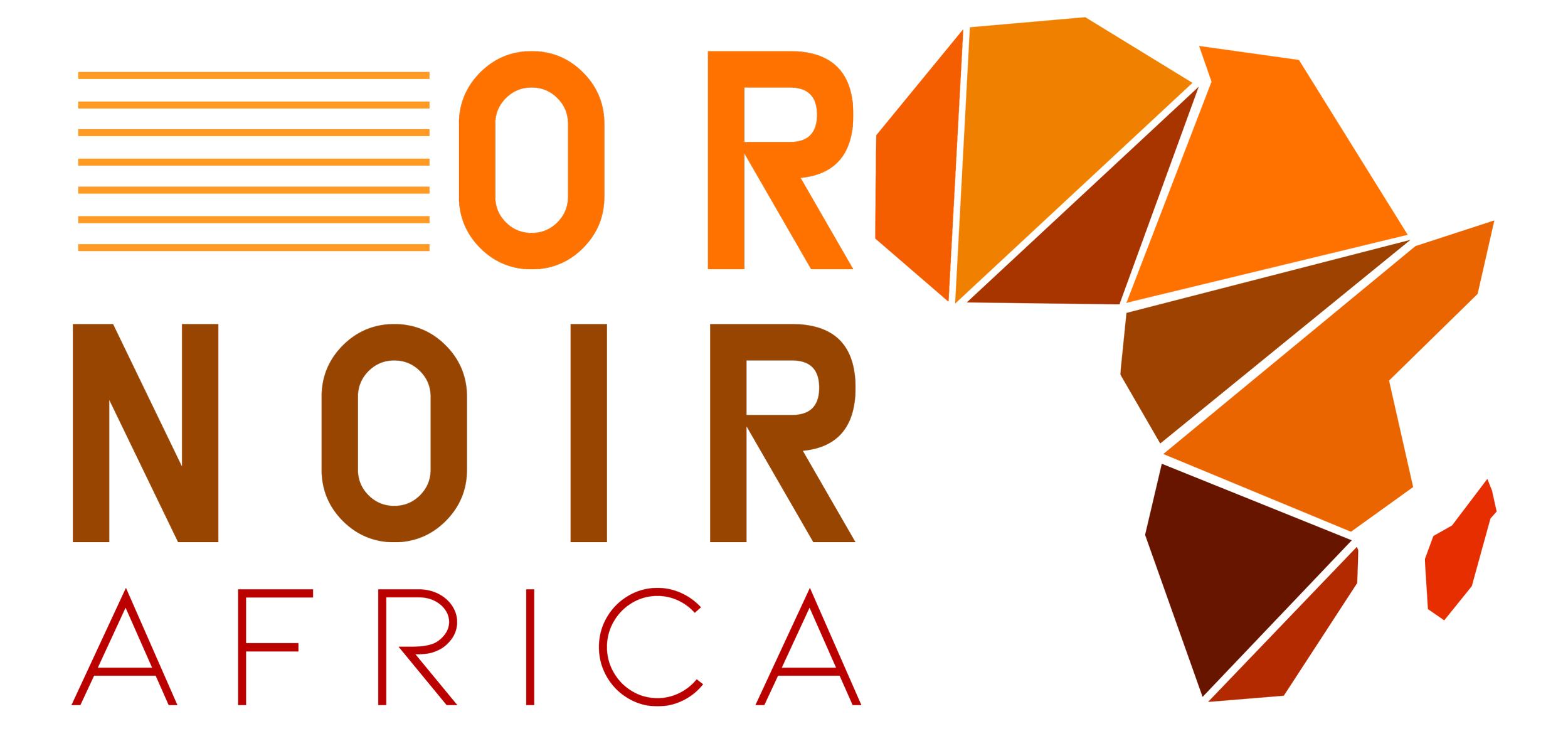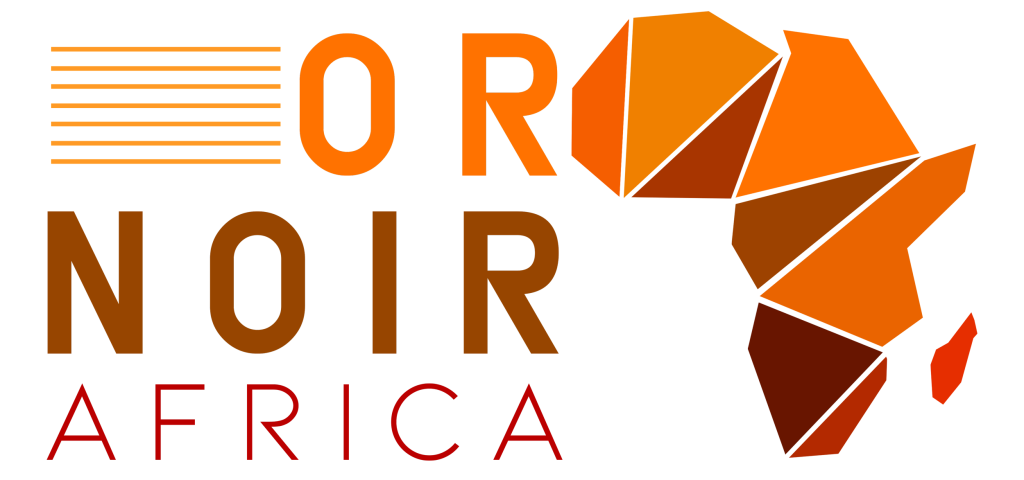Dans un monde qui se dirige à grands pas vers la neutralité carbone, les réserves abondantes de minéraux critiques de l’Afrique apparaissent comme la pierre angulaire de l’économie verte mondiale. Avec environ 30 % des réserves mondiales de minéraux critiques, dont plus de 70 % du cobalt mondial, le continent est en passe de générer des milliards de dollars de revenus tout en favorisant le développement durable. Cependant, la réalisation de ce potentiel dépend de la gouvernance stratégique, de la modernisation des infrastructures et des partenariats internationaux.
La demande en minéraux tels que le lithium, le cobalt, le cuivre et le nickel est en forte hausse et devrait quadrupler d’ici 2030, à mesure que les industries se tournent vers des technologies propres telles que les véhicules électriques (VE) et le stockage d’énergie renouvelable. Selon des analyses récentes, l’Afrique subsaharienne pourrait à elle seule engranger jusqu’à 16 000 milliards de dollars de revenus grâce à l’extraction de ces ressources au cours des 25 prochaines années. Cette manne représente non seulement une croissance économique, mais aussi une chance pour l’Afrique de passer du statut d’exportateur de matières premières à celui de pôle d’industries à valeur ajoutée.
Les gouvernements africains adoptent de plus en plus de politiques visant à capturer davantage de valeur au niveau national. Près de la moitié des pays du continent ont imposé des restrictions sur les exportations de minerais bruts, encourageant ainsi la transformation et le raffinage locaux. Le Zimbabwe, par exemple, prévoit d’interdire les exportations de lithium d’ici 2027, une mesure qui a déjà fait passer ses revenus liés au lithium de 70 millions de dollars en 2022 à 600 millions de dollars en 2023. De même, des pays comme la République démocratique du Congo (RDC), le Rwanda, le Ghana et la Namibie investissent dans des capacités de raffinage et des pôles de production de batteries.
Un exemple notable est la collaboration entre la Zambie et la RDC, qui ont créé un conseil exécutif conjoint sur les batteries et prévoient de créer des zones économiques spéciales dédiées à la fabrication de batteries et de véhicules électriques. Les investisseurs ont engagé plus de 500 millions de dollars dans des parcs de transformation dans ces pays, ce qui témoigne de leur confiance croissante dans les ambitions industrielles de l’Afrique.
Les États du Golfe jouent un rôle central dans cette transformation. Les Émirats arabes unis (EAU) ont investi 110 milliards de dollars dans des projets africains entre 2019 et 2023, dont 72 milliards destinés aux énergies renouvelables et à l’exploitation minière. Un accord récemment conclu entre les EAU et la RDC permettra de financer une raffinerie de cuivre-cobalt capable de produire 30 000 tonnes de cathodes de cuivre et 5 000 tonnes de sulfate de cobalt par an. L’Arabie saoudite intensifie également ses investissements, considérant les minéraux africains comme essentiels à la diversification de ses propres économies au-delà du pétrole.
Cependant, les défis sont nombreux. La fragilité des chaînes d’approvisionnement, la contrebande exacerbée par les interdictions d’exportation posent des risques importants. Les investissements mondiaux dans l’exploitation minière des minéraux critiques devraient atteindre 180 à 220 milliards de dollars entre 2022 et 2030, mais seuls 10 % environ sont actuellement consacrés à des projets africains, ce qui souligne la nécessité d’améliorer la gouvernance et de créer des environnements favorables aux investisseurs.
Pour surmonter ces obstacles, des solutions innovantes sont à l’étude. La nomination de Louis Watum Kabamba au poste de ministre des Mines en RDC vise à signaler des réformes et une stabilité. La Banque Africaine de Développement propose une « unité de compte africaine » adossée aux minéraux critiques afin de se prémunir contre la volatilité des devises. Parallèlement, les Nations unies ont lancé l’idée d’un fonds mondial pour les minéraux afin de stabiliser les prix, de promouvoir des pratiques durables et de garantir une gestion équitable.
À l’avenir, les opportunités offertes par l’économie verte en Afrique pourraient redéfinir le rôle du continent sur la scène mondiale. En tirant parti de ses richesses géologiques pour développer son potentiel industriel, l’Afrique peut stimuler la création d’emplois, le transfert de technologies et la durabilité environnementale. Cependant, pour réussir, il faudra trouver un équilibre entre les intérêts géopolitiques, atténuer les risques et donner la priorité aux pratiques minières éthiques afin d’éviter les pièges de la malédiction des ressources.


